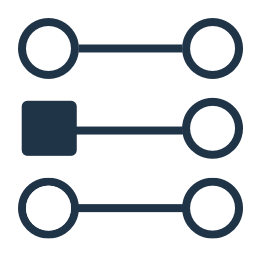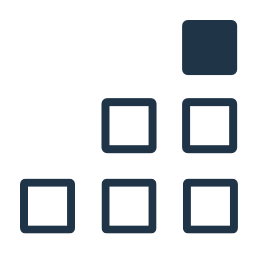Approach
Integrated data-based actions support decision makers so that they can have an impact on global health. Ki helps partners confront challenging global health problems, surface solutions, and avoid stumbling blocks.
The Problem
Global health data is being generated from various sources, including country-level metrics relevant to sustainable development goals, community-level surveys from government and non-governmental organizations, and individual-level data from observational studies, surveillance, or trials. These data contain both qualitative and quantitative information. Some of these data are longitudinally collected, but many are based on snapshots of different sets of participants at a single point in time. How does one connect all these pieces of disparate information to move towards well-supported and specific decisions for global problems? Ki’s solution is based on integrating and translating valuable data and domain knowledge. We believe so strongly in longitudinal data that we curate a repository containing such data. Our technical and operational approaches have been fruitful and are being adapted by others.

Data Sharing
Global health partners began sharing data with Ki, and we started assembling a data repository with data from 200 global health trials with as many different protocols and collection instruments. By conducting analyses of integrated study datasets, it was possible to boost the statistical power of these analyses beyond that of the integrated dataset’s constituent parts. Our hope is that, even beyond our repository, a scientific culture of sharing data in a thoughtful manner will increase discoveries and improve health in global communities.
Learn More
Multidisciplinary Analysis
Our teams have worked with experts in the field, scientists, decision makers, and others to focus on a targeted set of questions. Ki's specialists take an Agile-themed approach teamed up to analyze large integrated datasets during "rallies," brief sessions of intensive collaboration between data scientists and domain experts. We are now sharing our data science methods and tools broadly to promote this kind of approach for everyone.
Learn More
Translation to Decisions
The lessons learned from integrated data and collaborative analyses may be enough to change a program’s focus quickly. Or they may reveal addressable knowledge gaps that can be filled by additional studies. Either way, if results are shared openly, policymakers, program managers, and researcher can make more strategic decisions.
Learn More


